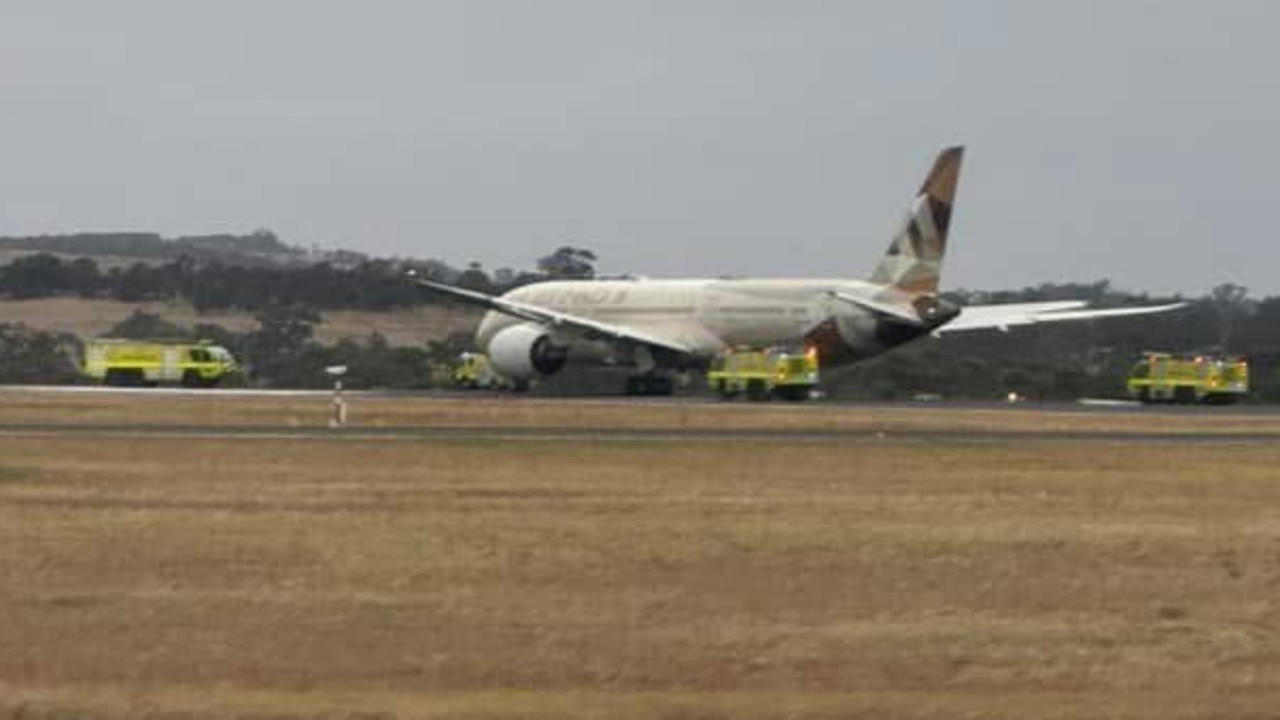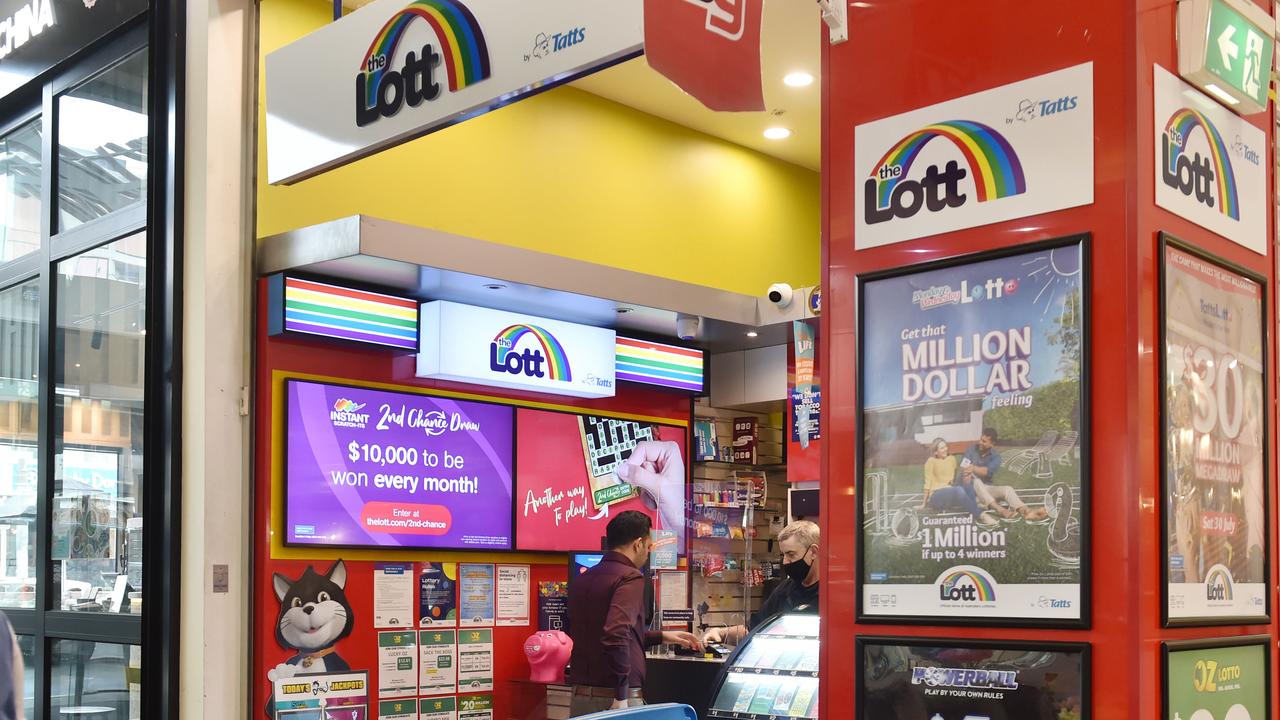Australia secures extra doses of Pfizer vaccine
The federal government has confirmed it had struck a deal for millions more doses of the world’s most effective COVID-19 jab.

Australia’s vaccine plans have received a boost after the Prime Minister confirmed extra doses of the Pfizer jab had been secured.
Scott Morrison confirmed on Thursday the government had struck a deal for another 10 million Pfizer doses, doubling Australia’s order for a jab considered the world’s most effective protection from COVID-19.
“These additional vaccines have been secured consistent with our requirements under the strategy,” he told reporters in Canberra.
Mr Morrison praised Greg Hunt and Health Department secretary Professor Brendan Murphy for securing the deal.
“It is the big agenda item for us because it provides the pathway to so many of the other things we wish to achieve this year,” he said.
Mr Morrison confirmed Australia was on track to begin its vaccine rollout at the end of the month.
RELATED: Pfizer vaccine approved for use in Australia
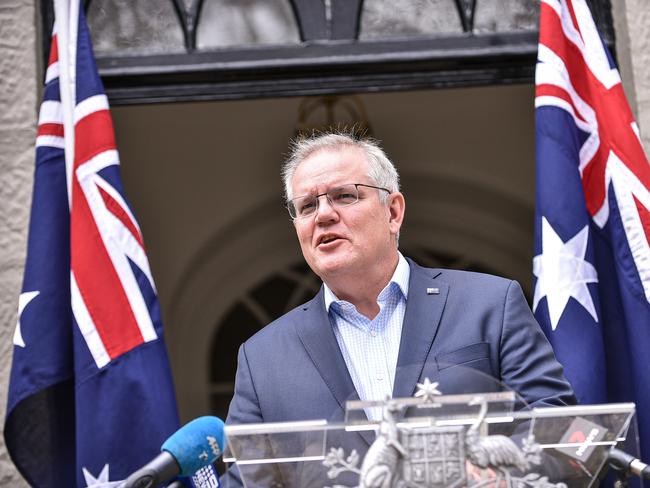
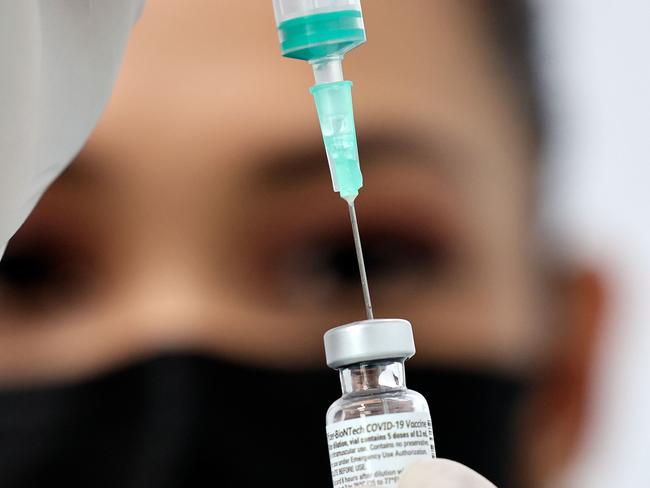
“That puts us in a very good position, particularly with our sovereign vaccine production capability,” he said.
Mr Hunt would not be drawn on a timetable for the additional doses, but guaranteed they would arrive before the end of the year.
He said the rollout was the “next critical step” in Australia’s fight against COVID-19.
“(The deal) provides additional support over and above that which was already in place,” he said.
“As part of that vaccine strategy, we have followed the advice on purchasing from the scientific and technical advisory group.
“Today is another important step in the vaccine rollout and in building on that work that Australians have done, of keeping each other safe.”
Mr Hunt also confirmed free vaccines would be provided to all visa holders, including refugees, asylum seekers, and temporary protection visa holders.
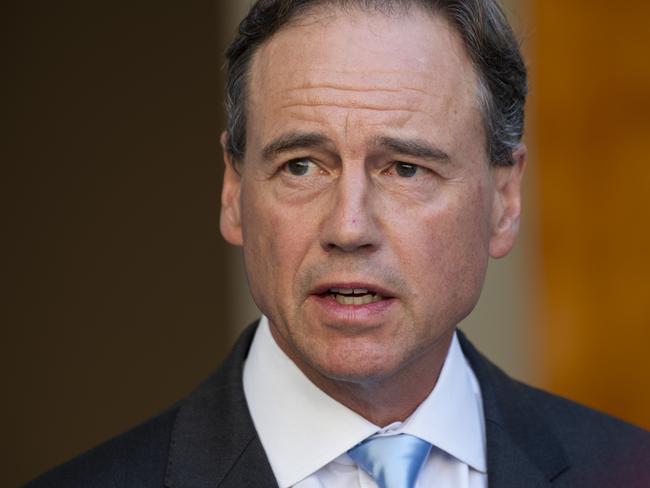
“That’s making sure that there is the maximum possible coverage in Australia,” he said.
Professor Murphy said the additional doses would not alter Australia’s rollout strategy, but provided “additional insurance” with more than 100 million doses already expected.
“This is a position that we wouldn’t have dreamt of a year ago, six months ago. It is a very, very nice position to be in,” he said.
The development comes after Pfizer revealed in January it could produce more doses for Australia than initially expected after “ramping up” its manufacturing capability.
The Pfizer vaccine became the first to be granted approval by the Therapeutic Goods Administration (TGA) last month.
Another 50 million doses of the AstraZeneca vaccine were set to be manufactured by CSL in Melbourne, subject to approval from the TGA.
The government has stressed the need for onshore manufacturing, after the European Union threatened to impose restrictions on vaccine exports from the bloc, including the Pfizer and AstraZeneca jabs.
Mr Hunt played down fears over supply-chain disruptions, saying there had been “significant improvement both with the flows of AstraZeneca and with the flows of Pfizer”.
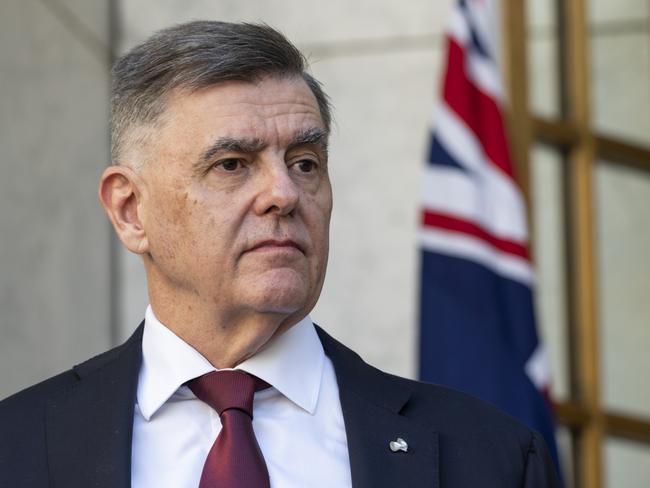
The prime minister also stood by Australia’s hotel quarantine system, despite the latest infection detected in Melbourne.
Mr Morrison said while no system would “always be 100 per cent perfect”, more than 200,000 Australians had returned via hotel quarantine with minimal infections.
“One of the things that have characterised our response to the pandemic is that we have been proportionate,” he said.
“We have understood the context, and we have sought to calibrate what is a reasonable risk that we have to manage.
“It remains the case that ... hotel quarantine (is) the most effective way to do that.
“The alternative is not that clear to me.”
Mr Hunt said there was no viable way to way to “hermetically seal” Australia.
“Anybody who says there won’t be cases in Australia isn’t understanding the nature of the pandemic,” he said.
“What we’ve done has saved lives and protected lives. But we’ll always work on continuous improvement.”

